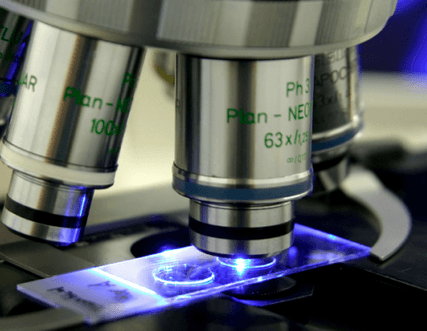African scientists to invest $2m into tackling antimicrobial resistance on continent
 The African Academy of Sciences (AAS) and the South African Medical Research Council (SAMRC) have jointly announced an investment of $2 million to fund research into the understanding of the burden of antimicrobial resistance (AMR) in Africa.
The African Academy of Sciences (AAS) and the South African Medical Research Council (SAMRC) have jointly announced an investment of $2 million to fund research into the understanding of the burden of antimicrobial resistance (AMR) in Africa.
The research institutions would develop relevant technologies and products to address the AMR challenge.
AMR essentially renders some drugs ineffective and contributes to 700,000 deaths globally each year.
Although resistance to commonly prescribed antibiotics has been witnessed in Africa, the full scope of the burden is not yet understood as 40 per cent of African countries do not have sufficient data on AMR.
Professor Tom Kariuki, the Director of Alliance for Accelerating Excellence in Science in Africa (AESA) said “Antimicrobial resistance is likely to compound the high disease burden in Africa and therefore requires us to increase our understanding to be adaptive and responsive.”
The funding for projects is made available in partnership with the Bill & Melinda Gates Foundation and through the Grand Challenges Africa and Grand Challenges South Africa programmes, which were created to catalyse scientific breakthroughs and find local solutions to solve Africa’s pressing challenges.
The AAS and the SAMRC signed a collaboration agreement in 2016 and this is the second call for proposal issued by the partners under the Grand Challenges umbrella.
“We are excited to be working with Grand Challenges Africa again and hope that the partnership will catalyze and strengthen intra-continental research collaboration between South African researchers and their peers on the continent,” says Zoleka Ngcete, Programme Manager for Grand Challenges South Africa.
“Understanding the scale of antimicrobial resistance informs our strategic response to counter the impact of AMR in the provision of present and future healthcare on the continent,” says Professor Glenda Gray President and CEO at the SAMRC.
Seed grants to the value of $100,000 and full grants to the value of $250,000 will be awarded to researchers who reside in Africa and are working in any discipline and from any organisation, including colleges, universities, government laboratories, research institutions and non-profit organisations and on projects that will research new approaches to characterise the global burden of antimicrobial resistance.
Funding will be given to projects that propose innovation in: data sources, analytical methods and biomarkers.
It said low-cost technologies and products: Exploratory work in developing new technologies and products, including those that specifically target improved infection prevention and control in healthcare settings to reduce reliance on healthcare provider behaviour change, and technologies to remove antibiotics from effluents is high on the agenda.
“Antimicrobial resistance requires stewardship for the global good as bacteria do not know and do not respect geographical boundaries. Africa needs to be better prepared for the benefit of its people,” concluded Dr Moses Alobo, the Programme Manager for Grand Challenges Africa.
By Maxwell Awumah
